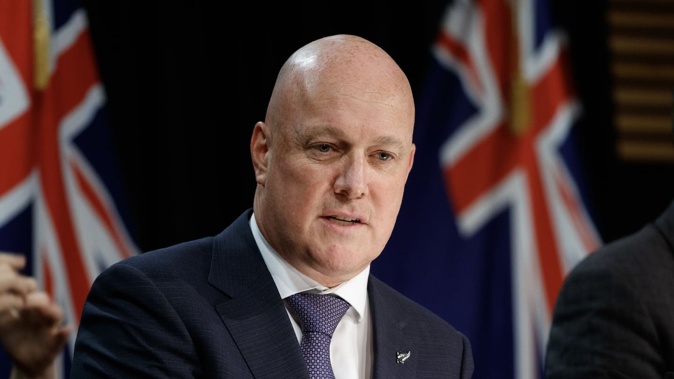
The Government isn’t wasting time forging ahead with its promise to reduce the number of hurdles someone needs to clear to take out a loan.
Cabinet has agreed to remove pages of regulations introduced in December 2021 under the Credit Contracts and Consumer Finance Act (CCCFA).
The change will give lenders, like banks and finance companies, more flexibility to decide how they assess whether someone can afford to take out a loan.
Commerce and Consumer Affairs Minister Andrew Bayly argues the existing rules are too prescriptive, requiring someone wanting a million-dollar mortgage to go through a similar process to someone after a $1000 overdraft.
He believes the “one-size-fits-all” approach is harming those the CCCFA is meant to protect.
He reckons it’s seeing vulnerable borrowers turn to “unregulated high-cost sources” for cash, while legitimate borrowers are denied access to credit for failing to tick the boxes.
While the CCCFA has been praised by some for protecting people from predatory lenders, the financial services sector in particular has criticised it for being too cumbersome.
The previous government relaxed the rules in May 2023 and July 2022, acknowledging changes it made in December 2021 resulted in “unintended impacts”.
In coming months, Bayly will remove requirements around loan affordability assessments from the regulations.
Accordingly, lenders will be able to decide whether they need to see an applicant’s recent transaction history and verify all their sources of income.
They will no longer have to check how the amount a loan applicant says they spend on food, utilities, etc stacks up against a benchmark.
And lenders will be able to use their discretion to decide how thoroughly they investigate how a prospective borrower’s assets, or an inheritance they receive, would affect their loan repayments.
Cabinet has also agreed a more fulsome review of the CCCFA is necessary “to address areas of under-performance, including liability settings and disclosure obligations”.
The review will also consider whether there’s enough regulation around products or lenders that offer expensive high-interest loans.
FMA to oversee CCCFA
Cabinet has agreed to push ahead with what Bayly suggested in January, and transfer responsibility for overseeing the CCCFA from the Commerce Commission to the Financial Market Authority (FMA).
Bayly believes this would be a better fit, as the FMA already oversees conduct in the financial services sectors.
Ultimately, he’s keen to streamline the various conduct-related requirements imposed on financial service providers.
Indeed, he has received Cabinet approval to clarify the requirements of the Financial Markets (Conduct of Institutions) Amendment Act (CoFI) regime, and review the conduct licencing framework in the Financial Markets Conduct Act to “ensure there is balance and flexibility”.
Dispute resolution system to be improved
Separately, Cabinet has agreed to align the rules various financial services dispute resolution schemes need to adhere to.
Financial service providers are required to sign up to a dispute resolution scheme their customers can turn to if they have a problem.
The Government is going to increase the maximum amount such schemes can award consumers to $500,000, to prevent people with larger disputes from having to go to court.
Bayly says it’ll also support the merging of two schemes - the Insurance and Financial Services Ombudsman Scheme and Financial Services Complaints Limited - from July 2025.
The other dispute resolution schemes are the Banking Ombudsman and the Financial Dispute Resolution Service.
The competing schemes have in the past been accused of being too “business-friendly” to attract members.
Having one fewer scheme should remove this perception at least and make it easier for consumers to know where to seek help if they’re unhappy with their financial service provider.
- NZ Herald
Take your Radio, Podcasts and Music with you









